Progress relies on a fast exchange of huge amounts goods and information. Novel infrastructures and more efficient, spacious and faster means of transport are used, one of which are cargo ships.
What happens when these infrastructures become obsolete?
Alang’s beach in India is one of the consequences of this obsolescence. Kilometers of shores turned into cemeteries. Hundreds of men die each year while disassembling ships, whereas few take the profit from trading their steel.
First Award | RTFA 2014 Awards
Category: Landscape Concept
Participant Name: Graziano Brau
Country: Spain

This system is in crisis! It’s time to consider other options. This project proposes eight strategic lines aimed at transforming Alang’s cemetery into an urban system. Multiple residential typologies, a wide range of public services and spaces catalyze an ecological, social and sustainable reactivation.
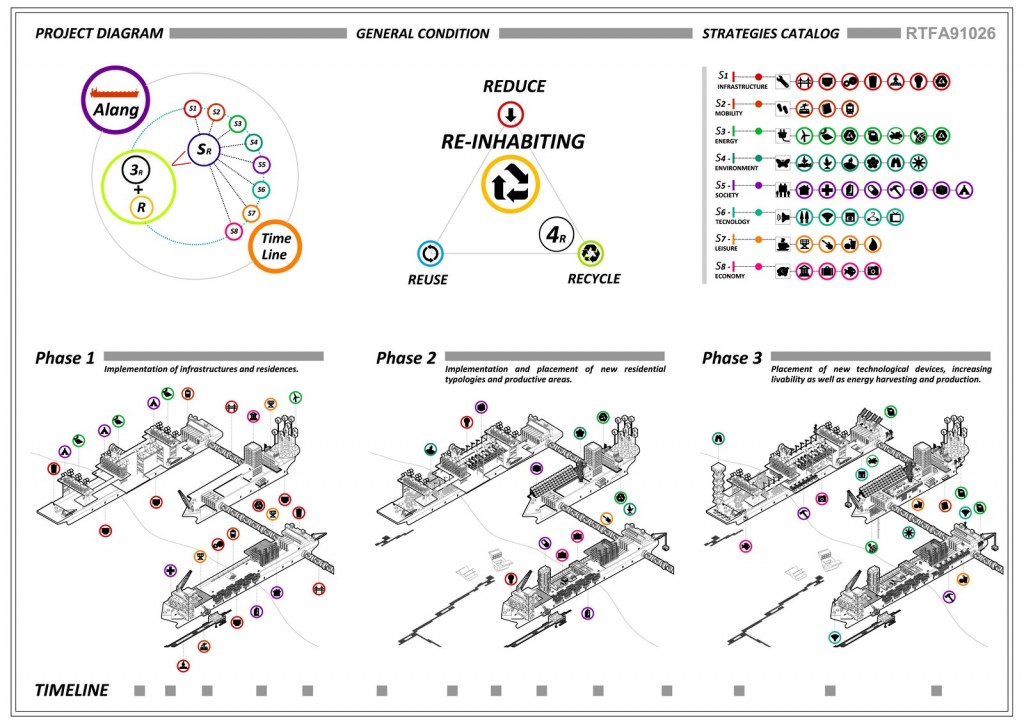
The purpose is to trigger a recovery process of the territory and its ecosystems by developing an urban habitat based on the colonization of these massive marine structures.
After a assessment of existing environment conditions, ships casks turn into the main infrastructure of the new urban system. The implementation develops in four consecutive phases:
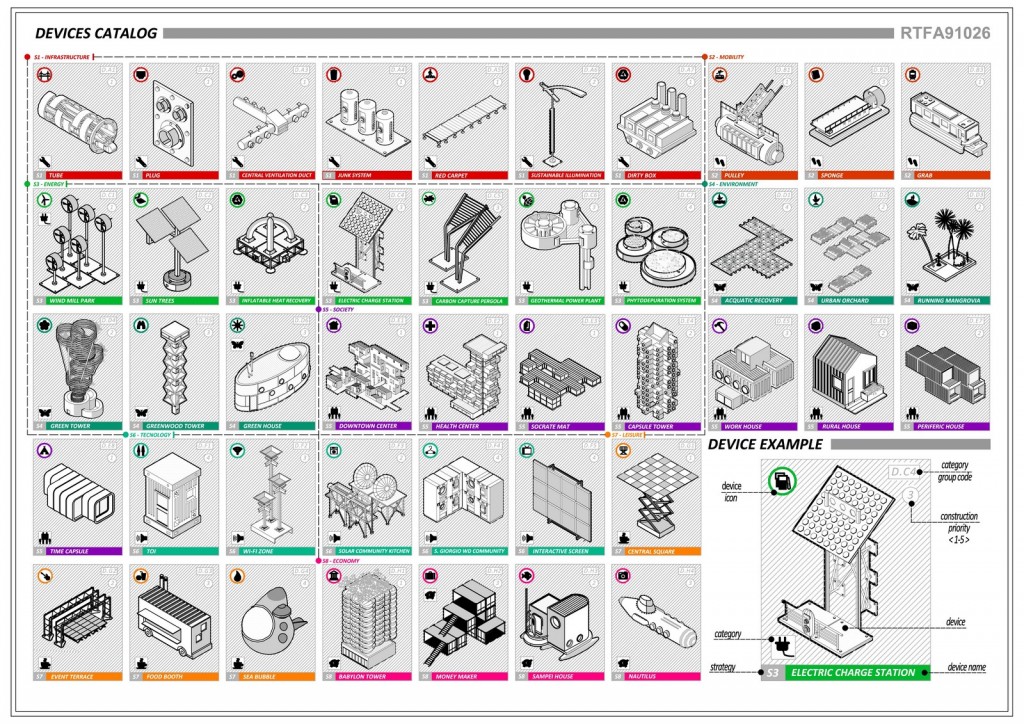
First: Implementation of infrastructures and residences.
Second: Implementation and placement of new residential typologies and productive areas.
Third: Placement of new technological devices, increasing livability as well as energy harvesting and production.
Fourth: Placement of the final devices achieving critical mass for future development.
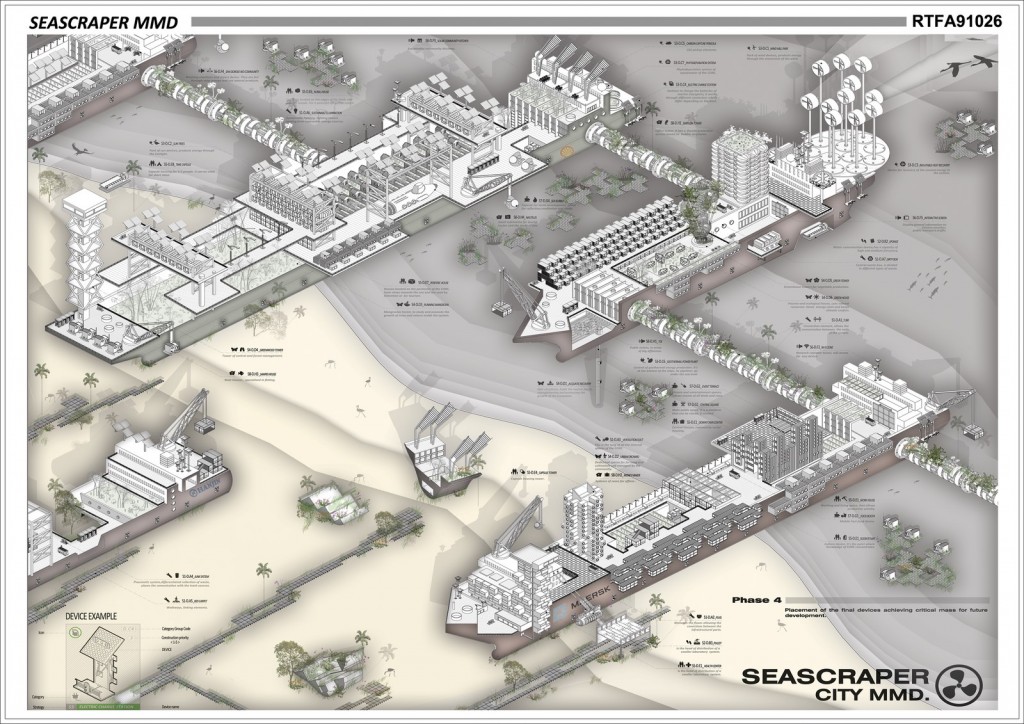
Thinking about the house of the future means thinking about the city of the future. Thinking about the city of the future means solving conflicts and understanding the contradictions in the world today.

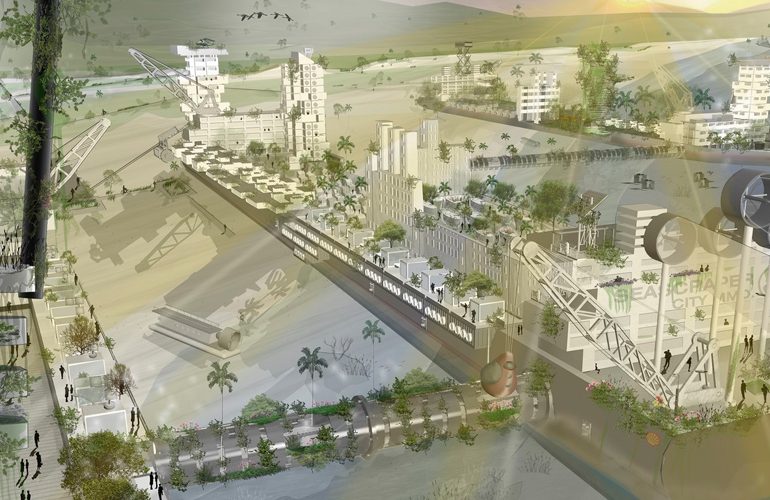
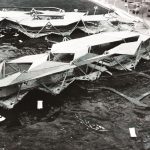

![D525 Barcelona | sanzpont [arquitectura]](https://awards.re-thinkingthefuture.com/wp-content/uploads/2021/09/D525-Barcelona.jpg)


